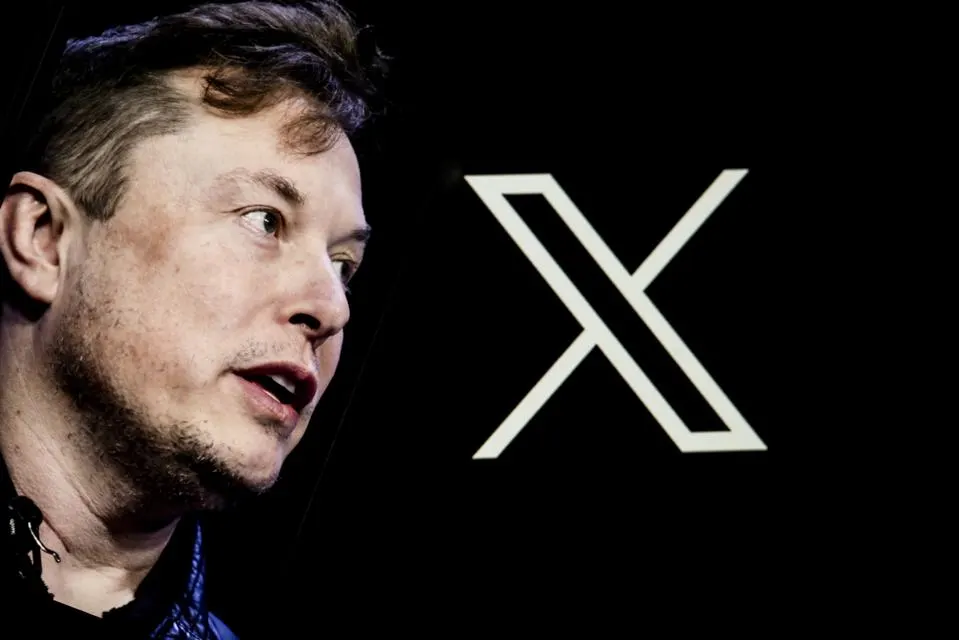Elon Musk’s Xmail Teaser: A Phishing Threat for Gmail Users

A response to the innocuous reply on X (formerly Twitter), Elon Musk had December 15 sent into tizzy spewing with guesses, this time saying an email service branded "Xmail" is on its way and will chomp away Google's market leader in electronic mail - Gmail. Never one to shy away from controversy or out-of-the-box statements, Musk simply wrote the brief comment: "Yeah. On the list of things to do." It's such a simple statement, and in its brevity is quite an eye-grabber among social media enthusiasts and tech heads; at its face, a playful teaser, the risk the plan might one day bear could hardly be deemed less serious.
While X, Musk's reboot of Twitter, boasts of 600 million users, Google's Gmail remains the internet's most used email service today, with over 2.5 billion active users worldwide. With that in mind, you will probably wonder why an email service like Xmail, which possibly may never see the light, would even threaten the outlook of Gmail. It may be much bigger: insecurity. Specifically, the phishing threats that could exploit Musk's teasing of the service.
It's the perfect breeding ground for cybercriminals under one of the world's most high-profile tech figures in control of the new email service. History has proven that any new service connected with a major influencer, such as Musk, can quickly turn into a phishing opportunity of great proportions. This is very true, especially when considering how fast rumors, leaks, and misinformation can spread, especially on a platform like X, where users are very much interested in the latest happenings surrounding Musk's ventures. Even the smallest nugget of information can snowball into widespread speculation.
Gmail is the world's leading email service, so it is at the head of this threat. It is not very hard to imagine a situation where users, especially those interested in this new "Xmail" service, fall into phishing invitations to register for early access or beta testing. Cybercriminals could quickly spin up convincing emails that appear to come from Xmail's "official" channels, offering users an easy way to transition from Gmail to this hypothetical service. These phishing attempts might even appear to be more legitimate than usual if they ask for your Gmail login credentials—all allegedly for the sake of making that transfer smooth into the new service.
This is just one of those phishing schemes that may even prove more effective today than in past years. That is only because the AI has made it really easy and relatively inexpensive to produce very convincing scam messages. The phishing e-mails could be developed through AI-driven tools, simulating real communication as well, since the email might even contain personalized information in making it feel more real. Added to this is that the prospects of an email service under Musk—a man whom millions scrutinize at every move— prospects of success in such phishing increase.
The threats that have been made behind these scams are not purely theoretical. Over the past few years, we’ve seen a steady rise in AI-driven phishing attacks, with cybercriminals increasingly leveraging advanced tools to fool unsuspecting victims. Artificially generated scammers will produce such volumes of extremely targeted email, each appearing more convincing than the other. What's more, with such a high-profile target in the form of Musk, it is simply too good to pass on for a criminal to want to tap into this developing interest for Xmail.
For Gmail, the takeaway is all about suspicion and caution concerning these phishing scams. The message is: Xmail hasn't come yet; its threats haven't. All those who have got login credential emails for an early entry into some kind of thing that does not yet exist should delete all messages immediately and also pass the information on to concerned authorities. The largest chunk of potential interested users happen to be the Gmail account holders, so the user needs to be extra alert on such scams.
Musk continues with his foray into other business ideas. X still has a lot more to become a new and great success in all sectors. His ideas will eventually capture millions more. However, with such exposure comes a greater risk for anxious users who want to get onto the latest tech trends. If Xmail does happen, one can't forget that, as with any massive digital service, it's sure to be a honeypot for nefarious individuals who wish to take advantage of the hype.
For now, Musk's Xmail remains a concept, but the security risks that it poses to Gmail users are very real. As these rumors continue to swirl, users should stay vigilant and cautious. After all, in the cybersecurity world, nothing is quite as predictable as the crowds of excitement over the new venture, followed quickly by the phishing schemes. So tempting the idea of "Xmail" service may sound, let's not forget that the phishing threats are already present here, targeting unsuspecting Gmail users.



